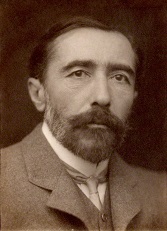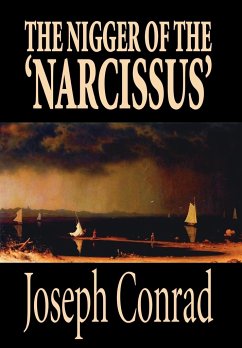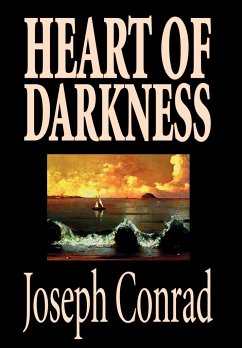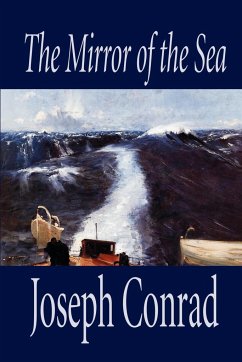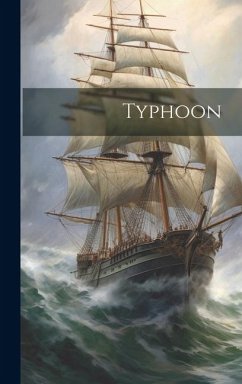
Typhoon by Joseph Conrad, Fiction, Classics
Versandkostenfrei!
Versandfertig in über 4 Wochen
26,99 €
inkl. MwSt.

PAYBACK Punkte
13 °P sammeln!
The novella classically evokes the seafaring life at the turn of the century. Captain MacWhirr, of the steamer _Nan-Shan,_ had a physiognomy that, in the order of material appearances, was the exact counterpart of his mind: it presented no marked characteristics of firmness or stupidity; it had no pronounced characteristics whatever; it was simply ordinary, irresponsive, and unruffled. The only thing his aspect might have been said to suggest, at times, was bashfulness; because he would sit, in business offices ashore, sunburned and smiling faintly, with downcast eyes. Having just enough imagi...
The novella classically evokes the seafaring life at the turn of the century. Captain MacWhirr, of the steamer _Nan-Shan,_ had a physiognomy that, in the order of material appearances, was the exact counterpart of his mind: it presented no marked characteristics of firmness or stupidity; it had no pronounced characteristics whatever; it was simply ordinary, irresponsive, and unruffled. The only thing his aspect might have been said to suggest, at times, was bashfulness; because he would sit, in business offices ashore, sunburned and smiling faintly, with downcast eyes. Having just enough imagination to carry him through each successive day, and no more, he was tranquilly sure of himself; and from the very same cause he was not in the least conceited. It is your imaginative superior who is touchy, overbearing, and difficult to please; but every ship Captain MacWhirr commanded was the floating abode of harmony and peace. It was, in truth, as impossible for him to take a flight of fancy as it would be for a watchmaker to put together a chronometer with nothing except a two-pound hammer and a whip-saw in the way of tools. Yet the uninteresting lives of men so entirely given to the actuality of the bare existence have their mysterious side. It was impossible in Captain MacWhirr's case, for instance, to understand what under heaven could have induced that perfectly satisfactory son of a petty grocer in Belfast to run away to sea. . . . Other characters include the young Jukes - most probably an alter ego of Conrad from the time he had sailed under captain John McWhirr - and Solomon Rout, the chief engineer.



